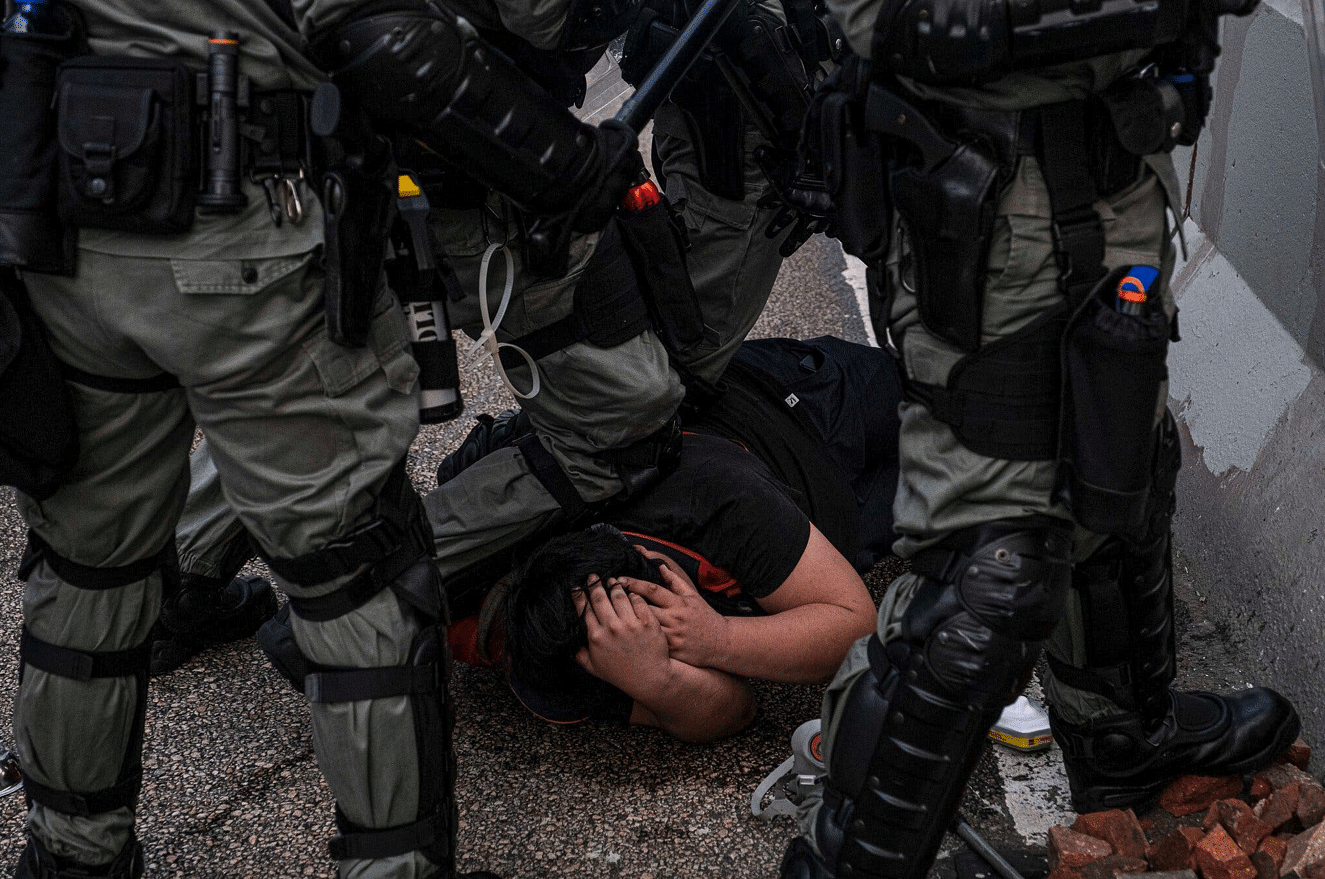World
Explained In Brief: Hong Kong's Recent 'Elections' And China's Tightening Grip On The Former British Colony

Mr. Lee helped to lead the crackdown on the protests that roiled Hong Kong in 2019
John Lee, Beijing's point man in Hong Kong, has won Hong Kong's rubber stamp leadership contest. Lee is a former cop turned bureaucrat and he was the architect of the crackdown launched on pro-democracy movement in Hong Kong.
Replacing Hong Kong’s leader is a closed-door affair which highlights the tension primary tension in Hong Kong: balancing the people’s desire for autonomy with China’s desire for control?
A Basic law came into effect when the British left their erstwhile colony. It promised a popular vote one day. Electoral 'reforms' imposed by CCP last year, have made attainment of that goal more unlikely.
By the time of this elections, a group of mere 1,500 people, representing CCP, businesses and other interest groups chose Cheift Executive Carrie Lam's successor. Lee, was the only nominee in the election. This was the first time in 2 decades that Hong Kong presented a single candidate.
How did Hong Kong choose its leader (chief executive) earlier?
The election campaign earlier looked a lot like any mayoral election in western countries. Election rallies and all the other paraphernalia of rituals that are common in elections, were held.
The actual voting though, was limited to just 1,200 people in an election committee. The election committee comprised of representative from businesses, white-collar professionals and legislators. The system was designed to ensure that CCP's favoured won, but the elections were close.
In 2012, the chief executive (Leung Chun-ying) was elected with the slim majority of 689 votes. In the 2017 elections, Carrie Lam was elected with 777 votes. Her opponent, John Tsang, held a significant lead in public opinion polls. The pro-democracy camp in Hong Kong wanted him to win.
Despite these 'elections' hardly being democratic in anyway, it was the closest thing to democracy that Hong Kong had.
What has changed now? In other words, how was Lee elected?
The election committee was expanded last year. It consisted of 1,500 members. It was granted more vetting powers to ensure that only "patriots" and individuals who "respect" the CCP can run for the post of chief executive.
Directly elected district councillors were dropped from the committee entirely. Out of the 1,500 members, more than one-third were chosen by pro-Beijing groups.
What led Beijing into making these changes?
In 2019, pro-democracy protests rocked Hong Kong. In that year, pro-democracy candidates won in the district council elections with a landslide. This outcome made it clear what the public sentiment in Hong Kong was. Moreover, during the protests, Lam's government seemed to be failing in controlling the situation.
The pro-democracy movement was expected capitalise on this victory and unseat Carrie Lam using the Basic law that has existed. All of this made Beijing jittery.
It “showed that the electoral system needs to be improved to ensure only patriots govern,” said Zhang Yesui, National People’s Congress spokesman.
Introducing ElectionsHQ + 50 Ground Reports Project
The 2024 elections might seem easy to guess, but there are some important questions that shouldn't be missed.
Do freebies still sway voters? Do people prioritise infrastructure when voting? How will Punjab vote?
The answers to these questions provide great insights into where we, as a country, are headed in the years to come.
Swarajya is starting a project with an aim to do 50 solid ground stories and a smart commentary service on WhatsApp, a one-of-a-kind. We'd love your support during this election season.
Click below to contribute.
Latest